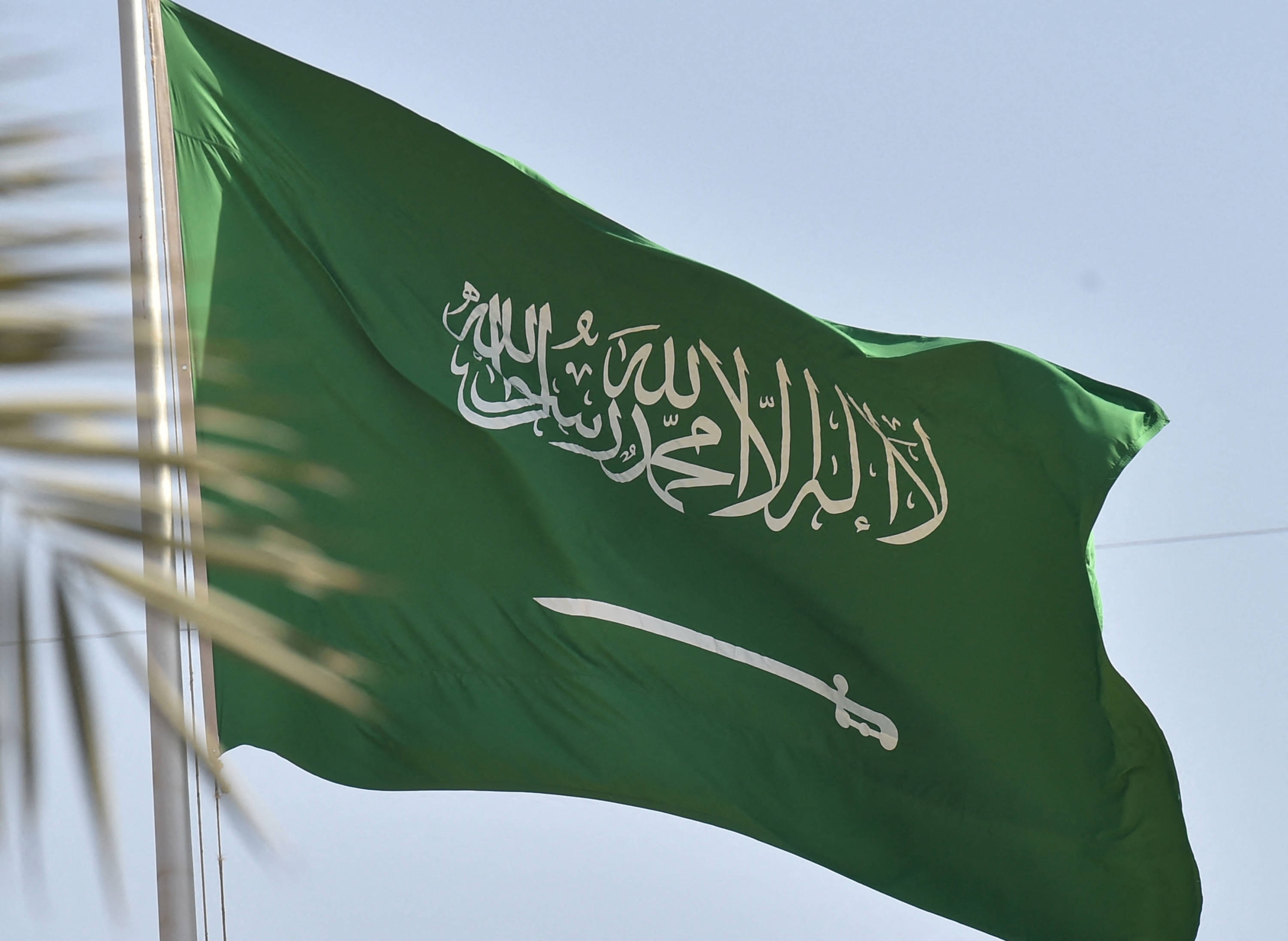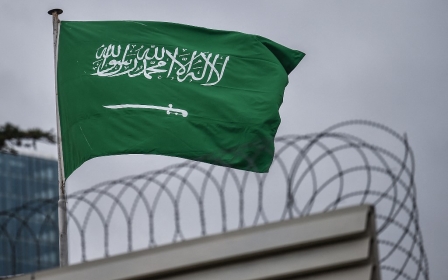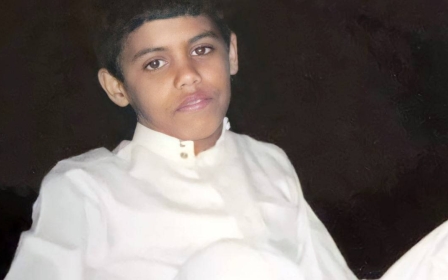Saudi Arabia executes three people

Saudi Arabia has executed three men from the eastern region of the country bringing the total number of people put to death in the kingdom so far this year to 47.
In a statement on Sunday, the interior ministry identified the three Saudis as Hussein bin Ali al-Muhaishi, Zakaria bin Hassan al-Muhaishi, and Fadel bin Zaki Anseef.
It said the Specialised Criminal Court has found them guilty of "joining a terrorist cell, possessed and been trained in the use of weapons, attacking security centres and security men with the intent of killing them".
Two of them were also charged with rape and adultery.
European Saudi Organisation for Human Rights (ESOHR) director Ali Adubisi told Middle East Eye that there exists a pattern in Saudi Arabia of mixing criminal and security charges in execution cases.
New MEE newsletter: Jerusalem Dispatch
Sign up to get the latest insights and analysis on Israel-Palestine, alongside Turkey Unpacked and other MEE newsletters
"In general, this is a deliberate confusion to make people accept the execution and minimise sympathy. In prison, you'll find offenders charged with sodomy or adultery imprisoned for a few years, but no death sentence was issued against them," he said.
Last month, three men from the same majority Shia region were also executed for similar security charges.
Jeed Basyouni, who leads the work in the Middle East and North Africa for Reprieve, told MEE at the time that Specialised Criminal Court nominally hears "terrorism" cases, but it is often used to convict those critical of the government on trumped-up charges, after being "tortured into confessing to 'crimes' they didn't do".
The oil-rich eastern region of Saudi Arabia, including the Qatif area, is home to many of the country's Shia minority.
There have been sporadic protests in the region for years, over accusations of widespread discrimination. Last year, at least 48 other people linked to the 2011 anti-government protests in Qatif were executed.
Adubisi said that Saudi Arabia lacks transparency in its legal proceedings and court trials, making execution cases appear as "kidnapping and killing".
Of the 47 people executed this year, 35 were Saudi nationals.
Juvenile law
Adubisi also warned of the imminent execution of nine Saudis who were either arrested when they were under 18 years old or were arrested when they were adults but were accused of acts they committed when they were children.
"We are sure that nine minors are waiting [for] executions. The level of security services infiltration in the society is unprecedented, and there is a general terror, something I have not witnessed in the past five decades," Adubisi said.
The ESHOR named them: Abdullah al-Hwaiti, Jalal al-Labad, Abdullah al-Darazi, Youssef al-Manasif, Jawad Qureiris, Hassan Zaki al-Faraj, Ali Hassan al-Subaiti, Mahdi al-Mohsen, and Ali al-Mabiyouq.
'The level of security services infiltration in the society is unprecedented, and there is a general terror'
- Ali Adubisi, ESOHR director
Duaa Dhainy, an ESOHR spokesperson, said that their cases are currently before the Supreme Court.
"It is not possible to know whether they have been approved or not, and therefore the date of execution cannot be known," she said.
In 2018, Saudi Arabia introduced the Juvenile Law, which stipulated that for crimes committed by minors requiring the death penalty, juveniles should be admitted to detention centres for a period not exceeding 10 years.
However, the government carved out exceptions to the law that made it clear that the Juvenile Law as a whole, including those sections which define juvenility, does not apply in certain circumstances.
In April 2020, Saudi Arabia introduced a royal decree allowing the law’s provisions to be applied retrospectively.
Middle East Eye delivers independent and unrivalled coverage and analysis of the Middle East, North Africa and beyond. To learn more about republishing this content and the associated fees, please fill out this form. More about MEE can be found here.




